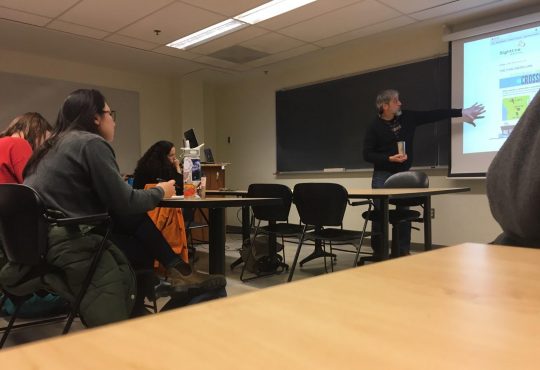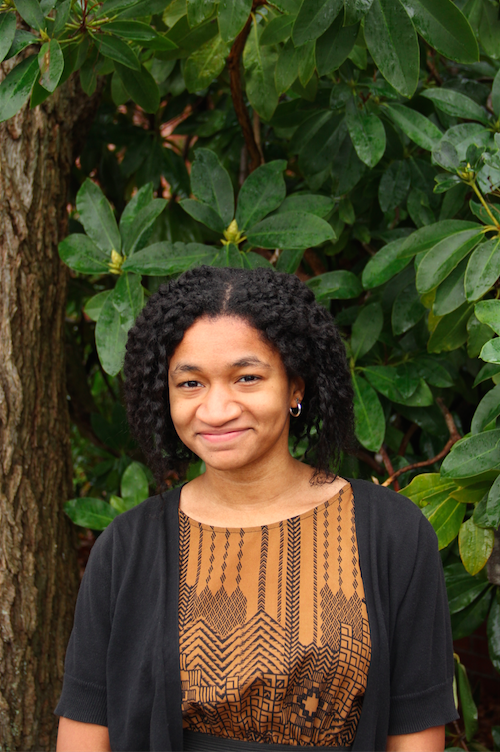by MELANIE SCHAFFER
With the sweater weather, family love, and copious amounts of food, it’s hard for many American families to accept the fact that their beloved holiday is rooted in genocide. With every passing year, it seems that more and more people are foregoing the feeling of family love, and focusing instead on the opportunities for social activism the holiday presents.
The popular line given to most Americans at a young age involves the Pilgrims and Indians sharing food and all sitting down together to give thanks for their good fortune. Now, however, most of America knows that this is not the end of the story. What followed for the Native Americans was centuries of hardship at the hands of European Americans. This has led to negative feelings all over the country regarding Thanksgiving. Many even believe the holiday should be boycotted because of its historical roots.
But is Thanksgiving still the same holiday it was when it was created? It’s true, it does have horrific roots, but these actually have very little to do with the holiday as it is celebrated today. Most families I know aren’t spending their Thanksgiving celebrating their ancestors who wiped out Native American culture. In fact, modern day celebrations rarely, if ever, have any relevance to those original roots. Instead, they have become more about families getting together to give thanks for each other’s company after having spent months, or even an entire year, apart.
Even Native Americans, who have been among the loudest voices boycotting the holiday, have begun to accept its new meaning. In 2003, the New York Times released an article called “Pilgrims, No Thanks in Mohawk Country.” Basically, the article talks about an elementary school made up of entirely Mohawk students where Thanksgiving is an entirely different holiday. At this school, very few kids are even aware of the classic Pilgrims and Indians story taught in most elementary schools. In fact, some teachers, like sixth-grade teacher Barry Montour pushed for the school to hold class on that third Thursday of November.
However, this has not stopped the holiday from being celebrated at St. Regis Mohawk Elementary. Instead, the school offers an alternate form of the holiday where there are no Pilgrims involved. With no Pilgrims in the picture, the students use the holiday as an opportunity to focus more on their Native American heritage and spend some quality time with their families. In fact, many students told the press it was actually their favorite holiday because of that quality time.
Mainstream media hardly ever acknowledges the history of the holiday either. Take, for instance, the 1973 movie A Charlie Brown Thanksgiving. In the film, the iconic Peanuts characters spend their Thanksgiving running around to each other’s houses frantically trying to pull together various Thanksgiving feasts. A Charlie Brown Thanksgiving is a classic example of an all-American Thanksgiving tradition and doesn’t once mention the history of the holiday. Instead, the entire movie focuses on the friendship dynamics between the characters and, of course, the food.
Even at schools like Puget Sound, where students pride themselves on being culturally aware, the holiday of Thanksgiving isn’t seen as cause for concern. When asked to give her thoughts on movements to boycott Thanksgiving, junior Sociology and Anthropology major Becca Long said, “It’s become less about the event of the Indians and settlers and now has been mainstreamed as a way to spend time with family. It is a part of American culture.”
Whatever Thanksgiving used to mean is obviously no longer the case. Yes, the holiday has horrific roots which in no way should be glamorized and celebrated in modern America. That being said, Thanksgiving itself has evolved over the years to the point where it has very little to no relevance to its history and is essentially an entirely new holiday. This new holiday is an opportunity for families of all kinds to reconnect after a lengthy time apart over a home-cooked meal and an integral part of American culture.


